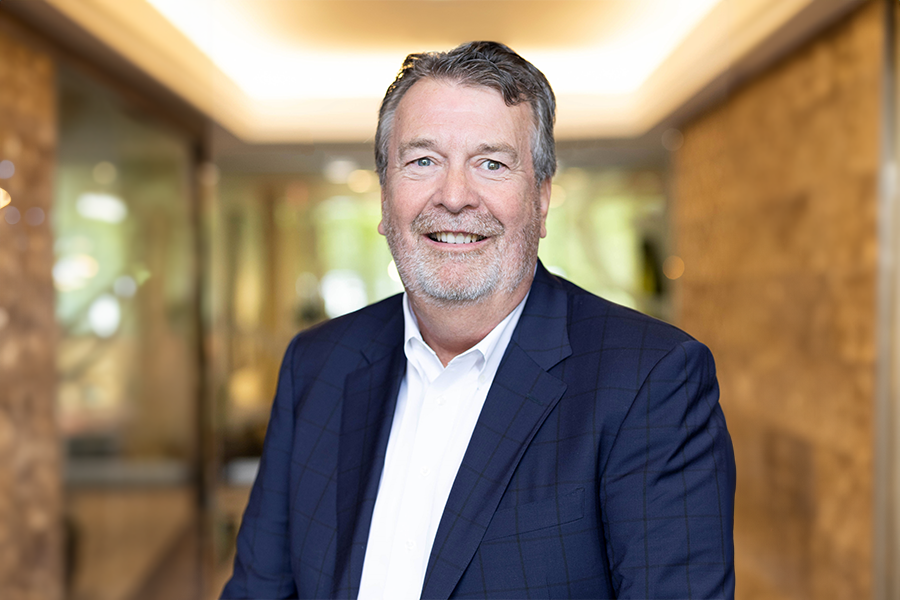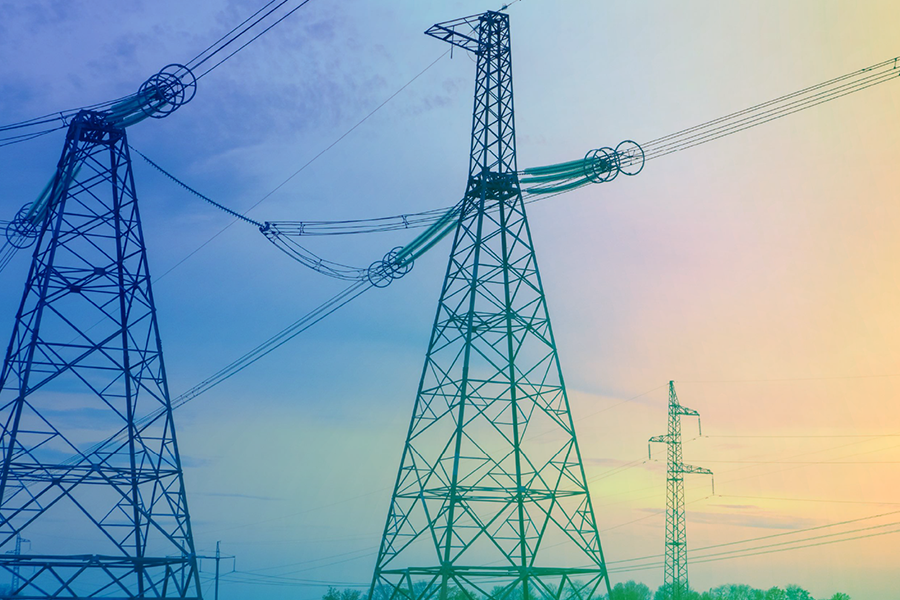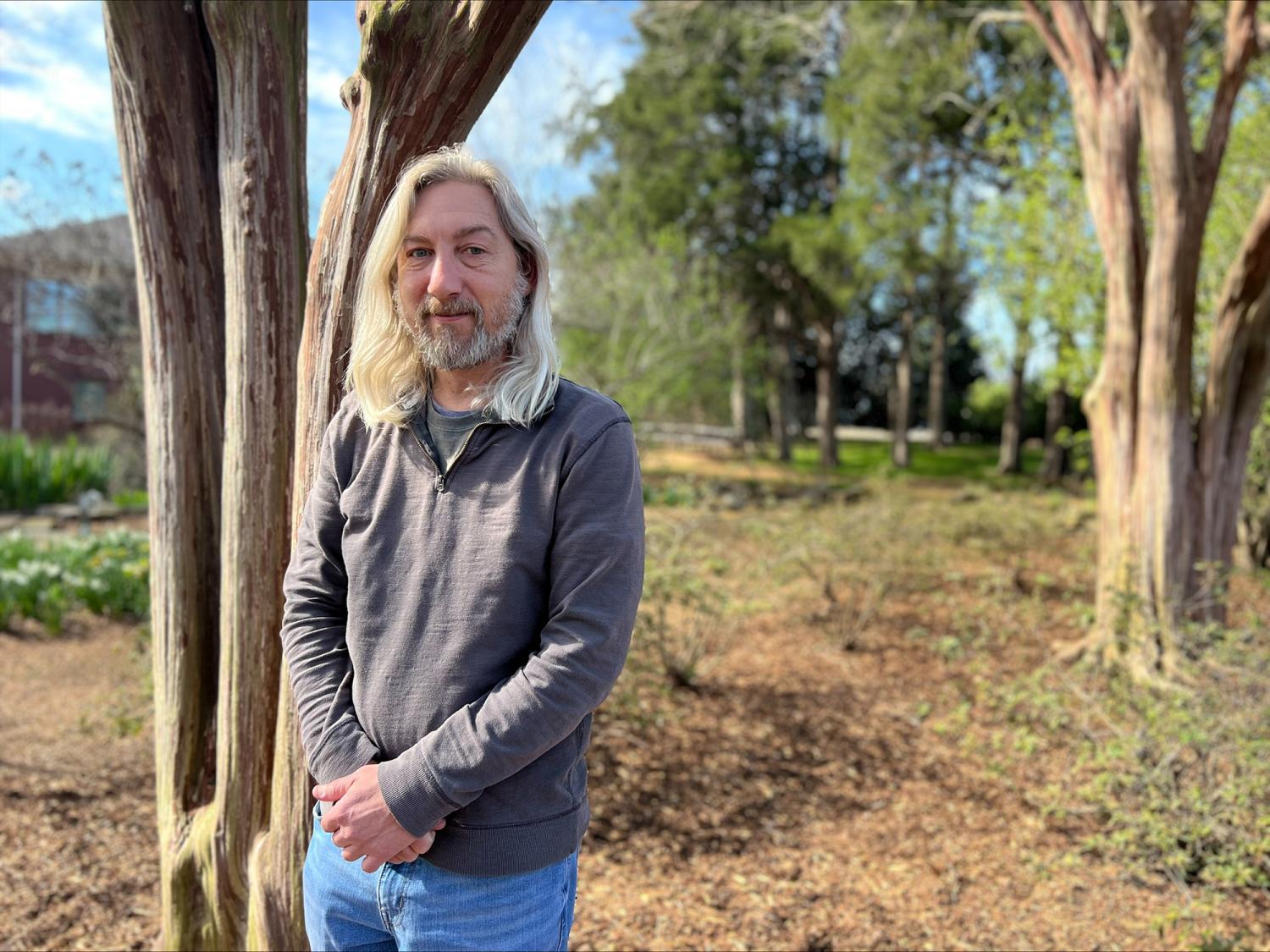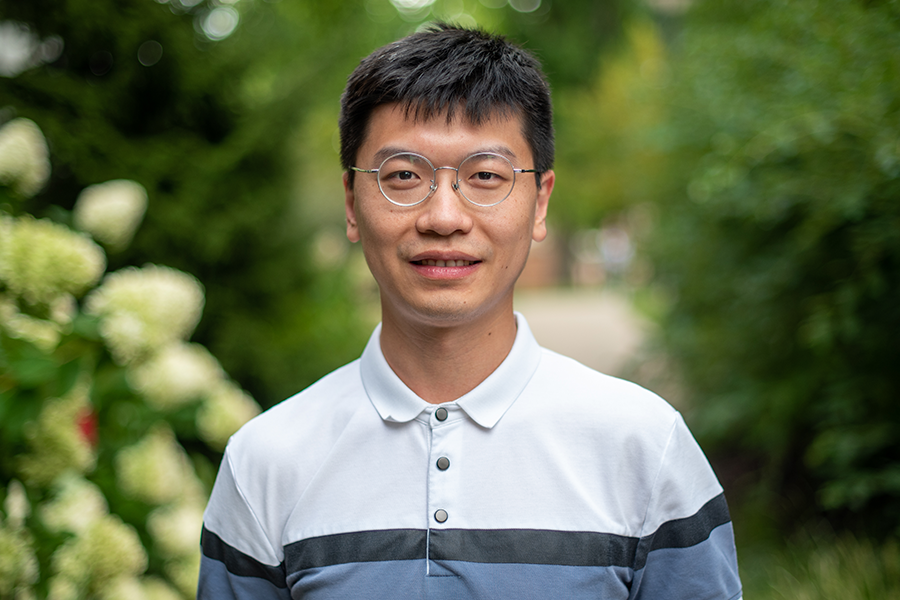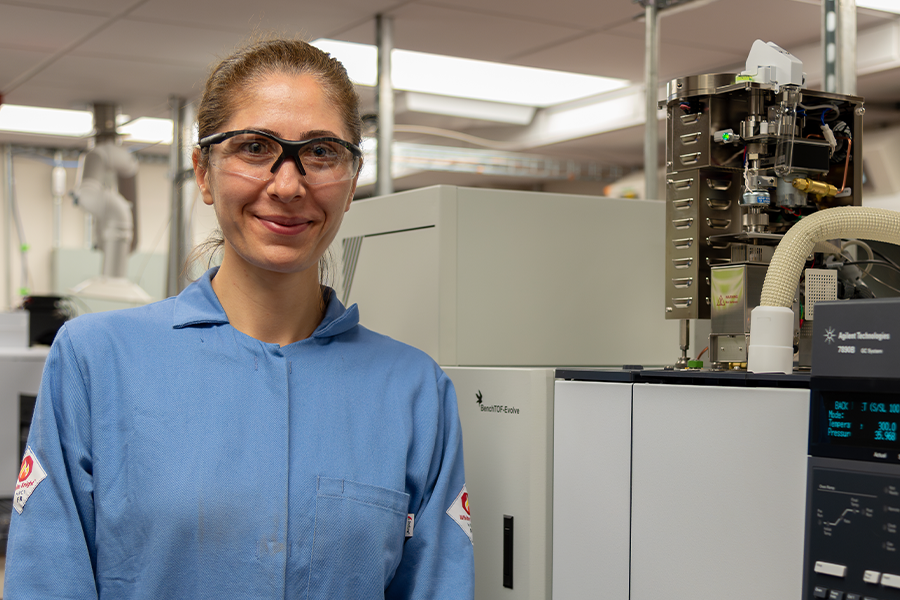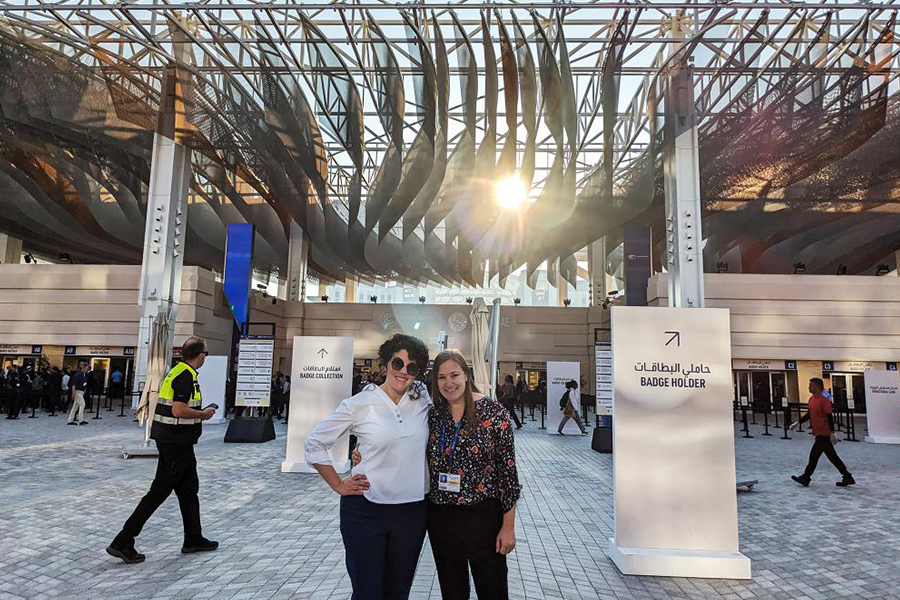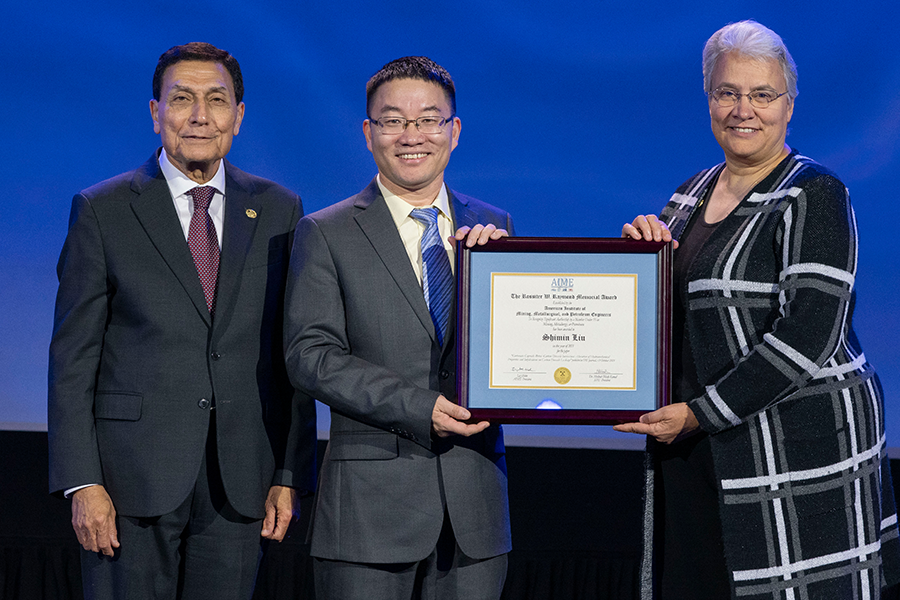Edward C. Dowling Jr., president, chief executive officer, and board of directors member at Compass Minerals, will give the 2024 G. Albert Shoemaker Lecture in Mineral Engineering at Penn State. His talk, “Challenges and Opportunities of the Critical Minerals Revolution,” will be held at 4:30 p.m. on Friday, April 19, in the Hub-Robeson Center’s Freeman Auditorium and online via Zoom. A reception will follow the lecture at 5:30 p.m. in Alumni Hall. The event is free and open to the public.
Moderated by Chiara Lo Prete, associate professor of energy economics at Penn State, the workshop, “The Geopolitics of Cross-border Electricity Grids” will focus on the rise of cross-border electricity interconnections — and the high stake challenges they introduce — will be held from 9 a.m. to 4:30 p.m on Monday, April 15, in 603 Barron Innovation Hub. The workshop will also be available online via Zoom.
Wes Norton, a computer networking expert for a NASA contractor, is making the jump to civil servant to help to solve climate change with the skills he's acquired through the energy and sustainability policy program offered in the John and Willie Leone Family Department of Energy and Mineral Engineering.
Ming Ma, a doctoral degree candidate in the John and Willie Leone Family Department of Energy and Mineral Engineering (EME) at Penn State, received the international Nico van Wingen Memorial Graduate Fellowship from the Society for Petroleum Engineers (SPE). The fellowship is given to exceptional doctoral students seeking a career in academia.
Hilal Ezgi Toraman, assistant professor of energy engineering and chemical engineering at Penn State, was selected as a “Pioneer of Catalysis and Reaction Engineering (CRE)” by the CRE division of the American Institute of Chemical Engineers (AIChE). The recognition is part of CRE’s focus on identifying the extant challenges that limit the representation of women and minorities in chemical engineering.
Olivia McMahon, a recent graduate from Penn State with a bachelor of science in energy and sustainability policy, was part of the Penn State delegation at the United Nations Framework Convention on Climate Change’s 28th annual Conference of Parties, or COP28, from Nov. 30 to Dec. 13, 2023. The annual conference brings governments worldwide together to formalize agreements on addressing the climate change crises, from reducing emissions to adapting to current and future impacts.
Louis NormanTeru DeCordova has been selected to represent Penn State’s College of Earth and Mineral Sciences as the student marshal for the college’s fall 2023 commencement on Saturday, Dec. 16, on the University Park campus. He selected Brandi Robinson, associate teaching professor in the John and Willie Leone Family of Energy and Mineral Engineering, as his faculty marshal.
Renee Obringer, assistant professor of energy and mineral engineering at Penn State, led an international team of researchers that used utilities data and climate analogs — contemporary cities with climates close to what other cities are predicted to experience in the future — to assess how climate change may impact residential water and electricity use across 46 cities in the United States. Their computationally efficient model projected strong regional differences for future water and electricity demand, with some cities possibly experiencing increases in summer water and electricity demand of up to 15% and 20%, respectively, because of climate change.
Penn State tied for No. 4 among 210 ranked universities in the United States in the QS World University Rankings: Sustainability for 2024, released Dec. 5. Internationally, the University ranked No. 37 out of 1,403 participating institutions worldwide.
Shimin Liu, professor of energy and mineral engineering and the Thomas V. and Jean C. Falkie Mining Engineering Faculty Fellow at Penn State, and co-author Guijie Sang, who recently earned his doctorate in energy and mineral engineering from Penn State, received the Rossiter W. Raymond Memorial award from the Society of Petroleum Engineering (SPE) and the American Institute of Mining, Metallurgical, and Petroleum Engineers (AIME) for the best paper published in AIME's fields. The paper, “Carbonate Caprock–Brine–Carbon Dioxide Interaction: Alteration of Hydromechanical Properties and Implications on Carbon Dioxide Leakage,” focuses on the long-term integrity of carbon caprock, which is used to secure, seal and trap CO2 in subsurface formations as part of geological carbon sequestration for carbon management.


